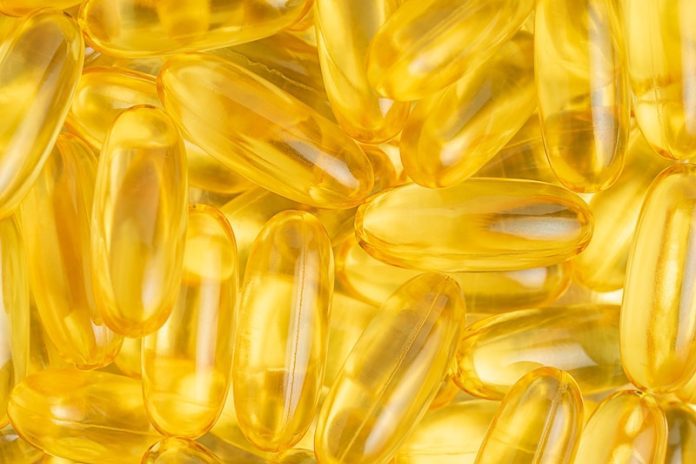
In a new study, scientists from the University of Roehampton were studying the effects of certain fats called omega-3 polyunsaturated fatty acids on anxiety and depression.
They found that some of these fats, like eicosapentaenoic acid (EPA), docosahexaenoic acid (DHA), and docosapentaenoic acid (DPAn-3), might be able to help reduce the severity of these conditions.
But when they looked at studies that had already been done on this topic, they found that the results were mixed.
So they decided to do their own study to try to figure out whether these omega-3 fatty acids really could help people with anxiety and depression.
They looked at ten different studies that had been done before, which included a total of 1426 people.
They found that when people took supplements that were high in EPA (at least 60% of the total amount of EPA and DHA) and between 1 and 2 grams per day, their depression symptoms were reduced.
But when people took more than 2 grams per day, it didn’t seem to have as much of an effect.
Unfortunately, they didn’t find any studies that had looked at DPAn-3, and they only found one study that looked at anxiety specifically.
So they weren’t able to say for sure whether these omega-3 fatty acids could help with anxiety or not.
The researchers also found that there was some publication bias and other issues with the studies they looked at.
This means that we need more high-quality studies to really understand whether these omega-3 fatty acids can help with anxiety and depression.
The scientists were able to find some promising evidence that EPA could be helpful for reducing depression symptoms.
But there is still more research that needs to be done to fully understand how these fatty acids might be able to help people with mental health conditions.
What to eat to prevent depression
There is no single food or nutrient that can completely prevent depression.
However, a balanced and nutritious diet that includes a variety of healthy foods can help support good mental health and potentially reduce the risk of developing depression.
Here are some foods and nutrients that may be beneficial for mental health:
Omega-3 fatty acids: As mentioned earlier, research suggests that omega-3 fatty acids may have a positive effect on reducing symptoms of depression.
Good sources of omega-3s include fatty fish like salmon, mackerel, and sardines, as well as plant-based sources like chia seeds, flaxseeds, and walnuts.
Whole grains: Whole grains like brown rice, quinoa, and whole wheat bread are rich in complex carbohydrates that can help regulate blood sugar levels and provide a steady source of energy to the brain.
Fruits and vegetables: These are packed with vitamins, minerals, and antioxidants that can help support good mental health. Aim to eat a variety of colorful fruits and vegetables every day.
Lean protein: Eating protein-rich foods like chicken, turkey, eggs, and legumes can help provide the building blocks for neurotransmitters like serotonin, which can help regulate mood.
Fermented foods: Foods like yogurt, kimchi, and sauerkraut contain probiotics that can help support good gut health, which has been linked to improved mental health.
In addition to eating a healthy diet, it’s also important to stay hydrated, get enough sleep, exercise regularly, and manage stress levels in order to maintain good mental health.
The research was published in Prostaglandins Leukot Essent Fatty Acids.
Copyright © 2023 Scientific Diet. All rights reserved.





